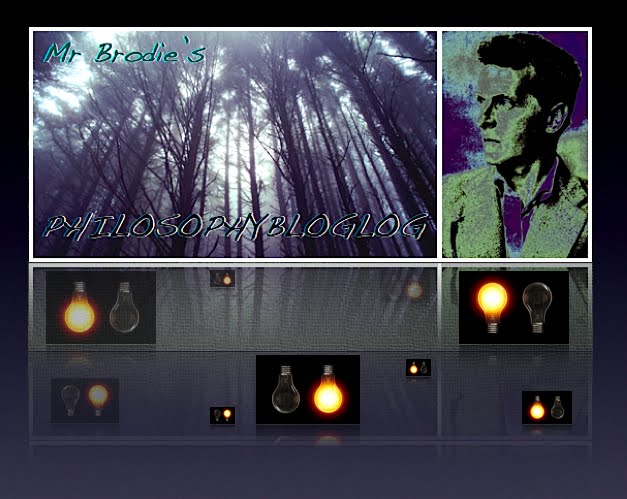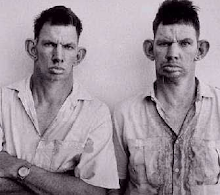We’ve had a little trouble with us, so I've written the following in order to think it through. I offer it here because sharing meaning is what it's all about!
It's the idea of naming objects (naming sense impressions) that's the problem. Because we can't see into each other's boxes/brains, then if we were to name a sense impression we would do so on our own.
Imagine this (it’s a little like my sausage example, but has less distracting comic potential): Sam and I are looking at a watch and I say, “Sam, that’s a watch,” and Sam says, “I agree.” So we both attach the name ‘watch’ to the sense impression inside our heads.
Now, what we have done is EXACTLY THE SAME as both agreeing that we each have a ‘beetle’ in our matchboxes, without being able to see them, because we can’t see inside each other’s head anymore than we can see in each other’s matchbox.
The point is difficult to grasp this because when Sam and I are both looking at the watch, when I see Sam seeing the watch, I 'automatically' assume he is seeing the same as me. (I'm almost certain he is, but that's not the point here.) It's the 'seeing' that misleads us.
Imagine the same situation if we were both blind. Although we could both feel the watch, hear it ticking etc. I don't think we would have anything like the same confidence that we both perceived the watch in exactly the same way. I think we would be much less likely to attach meaning to the object itself and much more likely to create that meaning in the language and behaviour that surrounded the object.
I think there's something about the act of 'seeing' that makes it seem very powerful in the way we understand the world around us, (that's probably why I draw so many diagrams.)
The ‘meaning’ of watch is not attached to the object, but is in all the things we ever say and do with the watch.
Imagine a society, perhaps in the future, where people have developed a pretty accurate inbuilt sense of what the time is. They are a very laid back relaxed kind of people and think that the few people who are still obsessed with time and still wear watches are at best old-fashioned and at worst insane. In such a place the meaning of ‘watch’ would be quite different. Wouldn’t it? Think how the question ‘Do you wear a watch?’ would be different. So the meaning of ‘watch’ is not attached to the object but to the language use that surrounds it.
So the naming of sense impressions in our heads, the naming of beetles in boxes, is without meaning. We have to forget 'naming' sense impressions as giving meaning and see that meaning only comes about through language use.
Does that help? Comments please.























No comments:
Post a Comment